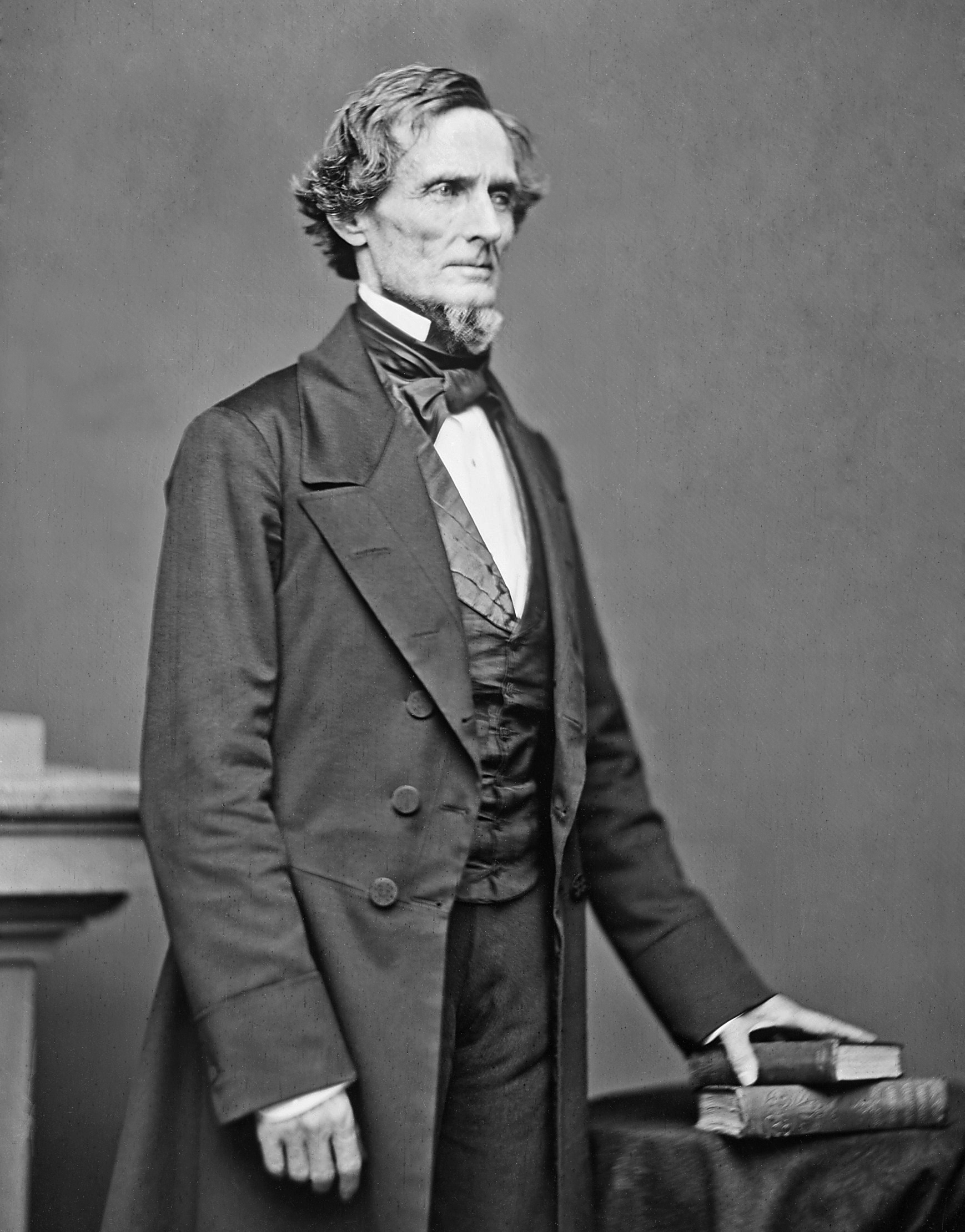Paul Avrich was a historian broadly sympathetic to
anarchism. His most well known book is "Kronstadt 1921", a study of
the famous anti-Bolshevik uprising at the Kronstadt naval base outside
Petrograd.
"Anarchist Portraits" is another book by Avrich. It contains sketches of various famous anarchists, and a few less famous ones. The reader shouldn't expect full biographies.
One chapter deals with Bakunin's visit to the United States, where he managed to meet a number of radical Republican politicians, including the governor of Massachusetts. Another chapter tells the sorry tale of Nechaev and Bakunin's tangled relation with this sociopathic adventurer. There are also chapters on Benjamin Tucker, Kropotkin, Sacco and Vanzetti, Nestor Makhno and Volin. Lesser known characters covered include Paul Brosse and J.W. Fleming.
The most intriguing chapter is the shortest. It turns out that Anatoli Zhelezniakov, the sailor who dispersed the Russian Constituent Assembly in 1918 with the famous words "the guard is tired", was an anarchist! It also turns out that Zhelezniakov had friends in high places. After fighting on the Bolshevik side in the Civil War, he had a fall out with Trotsky and was outlawed, but nevertheless managed to visit Moscow illegally and complain in person to Yakov Sverdlov, a high-ranking Bolshevik official! He even managed to leave Moscow unmolested. Somewhat later, Trotsky pardoned Zhelezniakov and made him commander of an armed trained expedition against the White Guards. When Zhelezniakov was killed in combat, the Bolsheviks gave him a sumptuous burial and virtually claimed him as one of their own. In reality, the tempestuous sailor never joined the Bolshevik Party. (They were stuck with Stalin, I suppose.)
"Anarchist Portraits" may be somewhat confusing to people entirely new to the subject, but to those who already now a thing or two about anarchism, it does fill in some blanks. Recommended.



